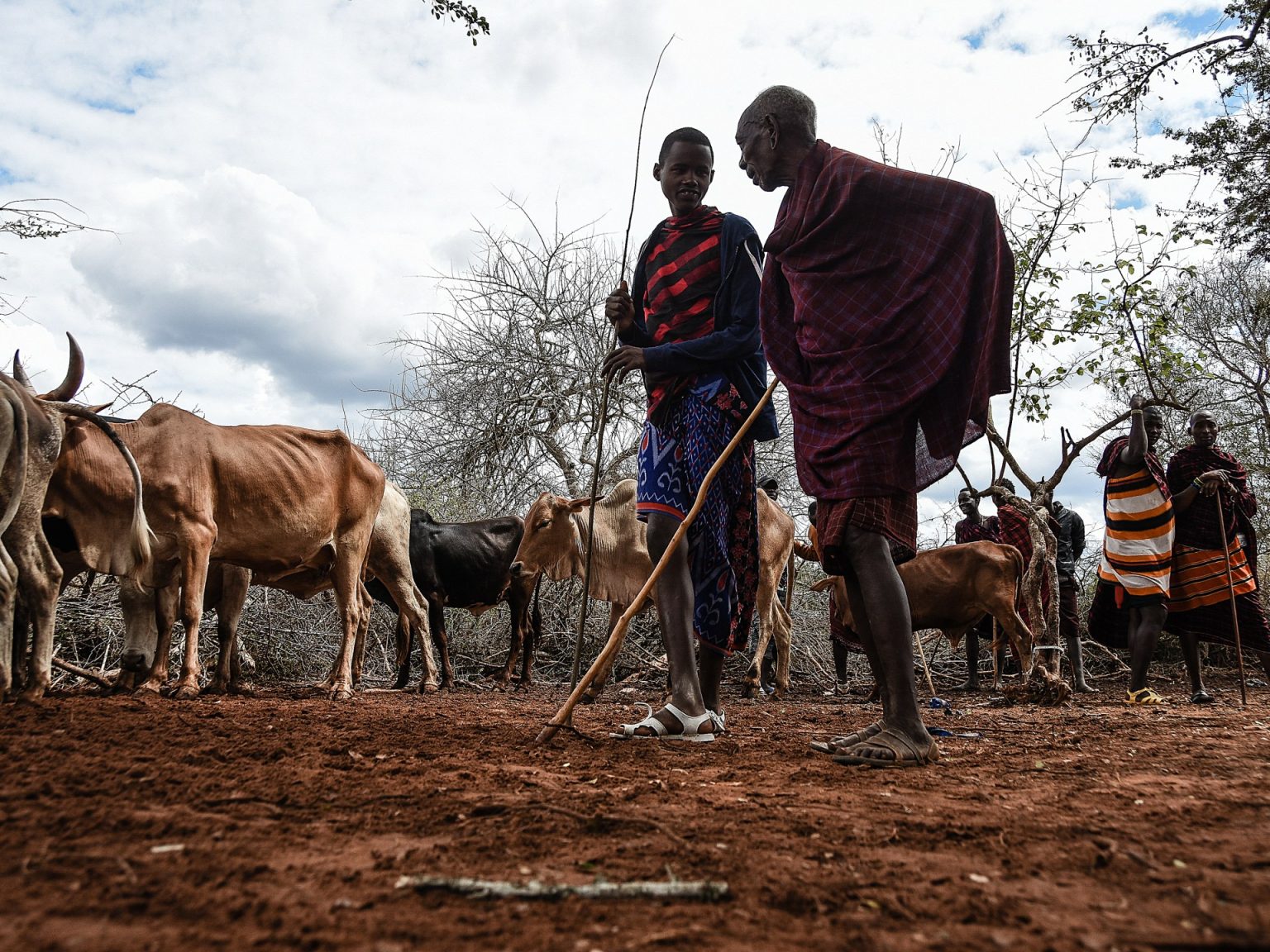The Tanzanian government has been forcibly evicting Indigenous Maasai people from their ancestral lands in order to support conservation and tourism efforts. The government aims to relocate over 82,000 people from lands earmarked for these purposes, specifically in the Ngorongoro Conservation Area where the Maasai have lived for generations. The relocation program, which began in 2022, is moving people to the remote village of Msomera, approximately 600km away. However, tensions have arisen between the authorities and the nomadic community, leading to violent clashes at times.
Human Rights Watch (HRW) conducted interviews with nearly 100 people between August 2022 and December 2023, including those who have already been relocated to Msomera village and others who are facing relocation. The report found that the government did not seek free, prior, and informed consent from the Indigenous Maasai residents regarding the relocation plan. Additionally, residents reported violations of their rights to land, education, health, and compensation, as well as attacks on critics of the relocation process. They described incidents of violence used during the relocation process, with rangers assaulting and beating residents with impunity.
HRW documented 13 incidents of beatings by government-employed rangers between September 2022 and July 2023. Residents of Msomera village reported that those who spoke out against the relocation faced threats and intimidation from rangers and security forces, instilling fear in the community. Juliana Nnoko, a senior researcher at HRW, emphasized the importance of respecting the rights of the Indigenous Maasai communities, stating that it is both an ethical and legal obligation for the Tanzanian government. She urged the government to reconsider its approach to ensure the survival, well-being, and dignity of the Maasai people, which are currently at grave risk due to the relocation process.
Despite the reports of human rights violations and violence associated with the relocation process, Tanzania’s government has maintained that its scheme follows the country’s laws regarding rights. The government argues that as the population of the nomadic community grows, it encroaches on wildlife habitats within national parks. While some Tanzania’s nomadic community has been allowed to reside in some national parks, the government has targeted specific areas for relocation in order to prioritize conservation and tourism efforts. However, Indigenous Maasai residents view the forced evictions and relocation as a threat to their way of life and their rights to ancestral land.
The ongoing conflict between the Tanzanian government and the Indigenous Maasai community highlights the complex issues surrounding conservation, tourism, and indigenous rights in the region. The forced evictions and relocation of Indigenous people raise questions about the government’s respect for human rights and the long-term impact of such actions on communities and the environment. As international organizations like HRW continue to document and raise awareness about the situation, it is crucial for all parties involved to prioritize dialogue, consultation, and respect for the rights and well-being of Indigenous communities to achieve sustainable and equitable conservation and development practices in Tanzania.













